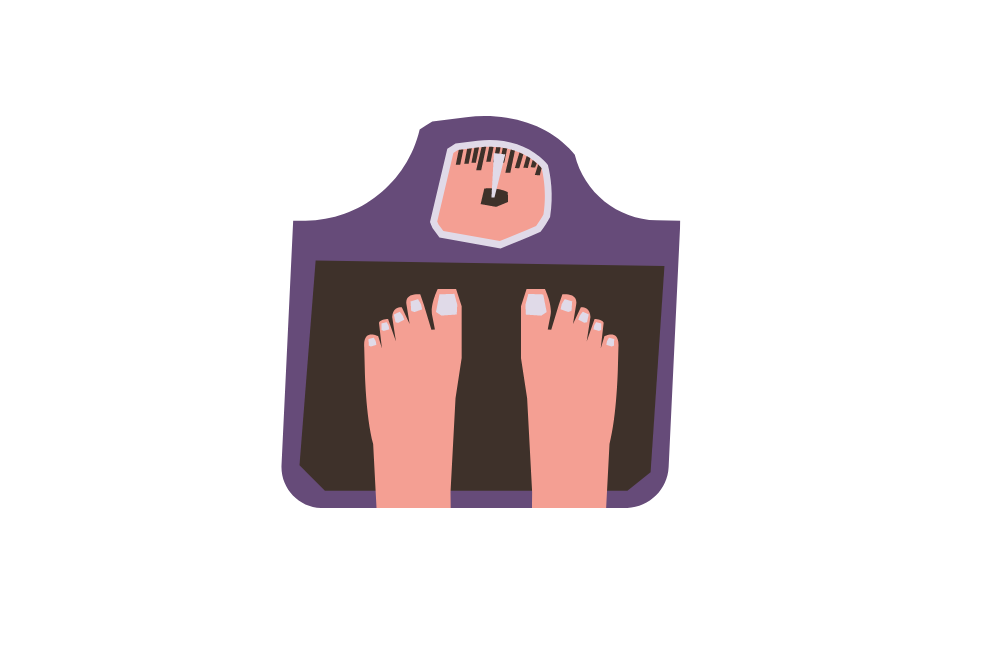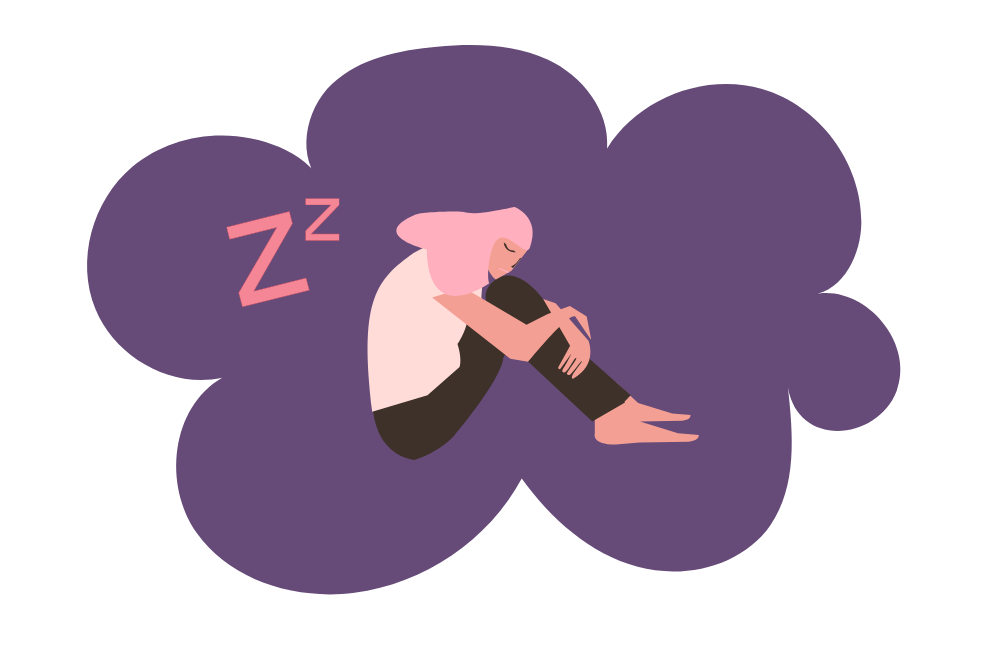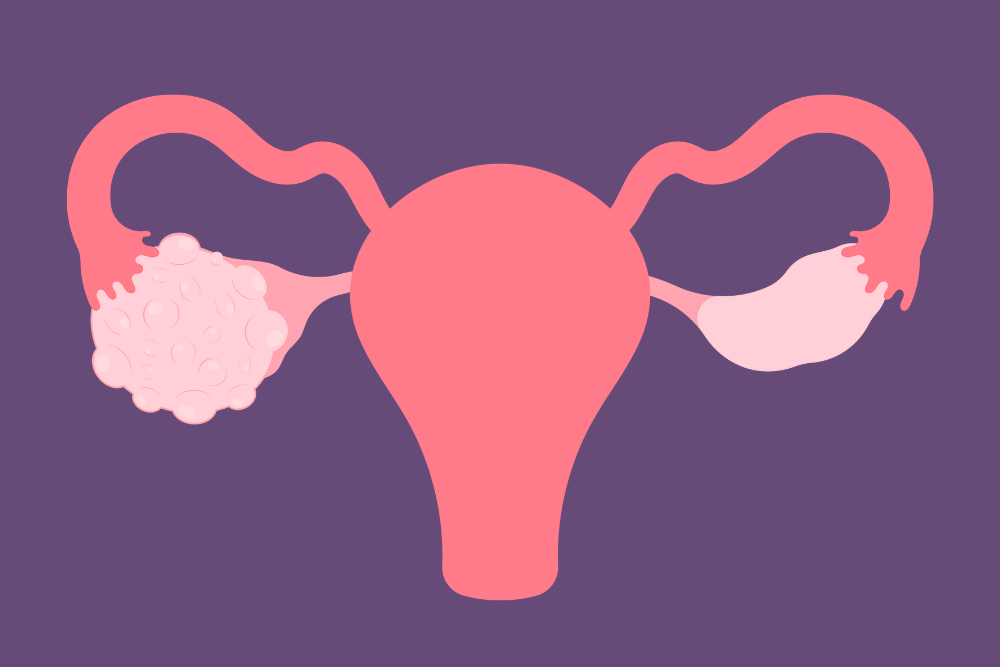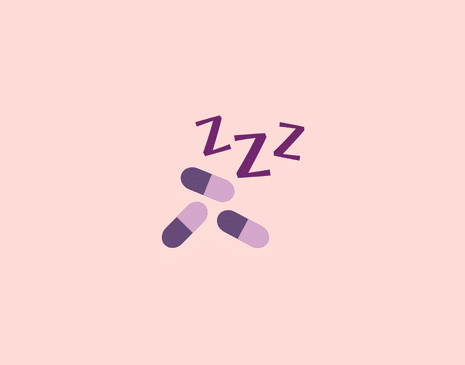Polycystic Ovary Syndrome (PCOS) can be a challenging condition to deal with, affecting many women worldwide. Whether you have known about PCOS for a while or just found out, learning how to handle PCOS is important for your health and well-being. In this article, we’ll break down what PCOS is, how to manage its effects on your body and emotions and share practical tips to make life easier. We’re here to help you navigate living with PCOS, giving you the knowledge and confidence to live your best life.
Body Changes and PCOS
Polycystic Ovary Syndrome (PCOS) can lead to a range of noticeable changes in your body. Understanding these changes is key to managing the condition and maintaining your overall well-being. Here’s a closer look at the body changes often associated with PCOS:
- Weight Fluctuations: PCOS can make it challenging to manage weight due to insulin resistance. You might experience weight gain or find it harder to achieve healthy weight loss.
- Abnormal Hair Growth: Excess hair growth, known as hirsutism, is common with PCOS. You might notice unwanted hair on your face, chest or back.
- Skin Issues: Hormonal imbalances can lead to skin problems like acne, oily skin, or dark patches. A consistent skincare routine and, if needed, professional skincare advice can help manage these changes.
- Menstrual Irregularities: PCOS often causes irregular periods or even the absence of menstruation. Keeping track of your menstrual cycle and discussing any irregularities with a healthcare provider is important.
- Hair Thinning: While excess hair might grow in certain areas, you might also experience thinning hair on the scalp.
- Fertility Challenges: PCOS could present fertility challenges if you plan to have children.
- Mood Swings: Hormonal imbalances can impact mood, leading to mood swings, irritability, or anxiety. Practising stress-reduction techniques and seeking emotional support can be beneficial.
- Long-term Health Risks: PCOS is linked to an increased risk of diabetes, heart problems, and endometrial cancer. Regular health check-ups and a proactive approach to managing these risks are important.
Understanding these potential body changes and their association with PCOS empowers you to take proactive steps. Remember, each person’s experience with PCOS is unique, and seeking guidance from healthcare professionals can help you navigate these changes effectively.

Hormonal Roller Coaster: Navigating Mood Swings
A PCOS diagnosis often means dealing with mood swings caused by hormonal fluctuations. These emotional ups and downs can be frustrating, but understanding their connection to PCOS and adopting effective coping strategies can make a significant difference in your emotional well-being.
Why the roller coaster?
Hormonal imbalances, a hallmark of PCOS, can influence neurotransmitters and lead to mood swings. Fluctuations in insulin levels and hormones called androgens (male sex hormones) can impact serotonin and dopamine, affecting mood regulation.
Coping Strategies:
- Awareness: Recognise that mood swings are a common PCOS symptom. Knowing they’re related to your condition can make them feel more manageable.
- Healthy Lifestyle: Regular exercise, a healthy diet, and adequate sleep can contribute to stabilising mood and hormone levels.
- Stress Management: Practise stress-reduction techniques such as meditation, deep breathing, or yoga to counteract the emotional impact of hormonal changes.
- Support System: Talk to friends and family, or join support groups to share your experiences and receive emotional support.
- Professional Help: If mood swings become overwhelming, consider speaking to a therapist specialising in hormonal imbalances or mood disorders.
- Mindfulness: Engage in mindfulness practices to stay present and reduce anxiety related to mood changes.
- Hobbies: Pursue activities you enjoy, as they can distract from negative emotions and boost your mood.

Managing Weight and Nutrition with PCOS
When dealing with Polycystic Ovary Syndrome (PCOS), balancing weight and nutrition requires a thoughtful approach tailored to your body’s unique needs. PCOS can make weight management challenging due to insulin resistance, but you can work towards a healthier lifestyle with the right strategies.
Understanding the connection between PCOS and insulin resistance is crucial. Prioritising complex carbohydrates like whole grains, vegetables, and fruits can help regulate blood sugar levels and improve insulin sensitivity. Protein-rich foods such as lean meats, fish, eggs, and legumes can support appetite control and stabilise blood sugar. Healthy fats from sources like avocados, nuts, seeds, and olive oil contribute to hormone balance and overall well-being.
Maintaining regular meal and snack times is important to stabilise blood sugar levels. Staying hydrated by drinking plenty of water also aids metabolism and overall health. Regular physical activity can enhance insulin sensitivity, aid in weight management, and boost mood.
However, it’s important to consult a healthcare professional before significantly changing your diet or exercise routine. They can help you create a personalised plan that aligns with your health goals and considers any specific considerations related to PCOS. Additionally, supplements like inositol, omega-3 fatty acids, and vitamin D may benefit PCOS management, but it’s best to discuss these with your healthcare provider.
Impact of PCOS on Fertility
Polycystic Ovary Syndrome (PCOS) goes beyond hormonal imbalances; it can significantly influence fertility. One of the primary mechanisms behind this is the disruption of normal ovulation (irregular ovulation). The hormonal imbalances in PCOS can lead to irregular or absent menstrual cycles, which in turn reduces the frequency of ovulation. Without regular ovulation, the chances of conception are diminished.
Additionally, multiple small cysts on the ovaries, a characteristic feature of PCOS, further complicates the fertility picture. These cysts can interfere with the release of eggs during ovulation and create an environment that is less conducive to fertilisation. As a result, individuals with PCOS often face difficulties in achieving pregnancy. They may require specialised medical interventions, such as ovulation-inducing medications or assisted reproductive technologies, to enhance their chances of conceiving.

Body Image and Self-Esteem
Living with Polycystic Ovary Syndrome (PCOS) can sometimes bring about body image and self-esteem challenges. PCOS’s effects on weight, acne, and hair growth can lead to feelings of self-consciousness and lowered self-esteem. It’s important to remember that PCOS is a medical condition, not a reflection of your worth.
Seeking emotional support, practising self-care, and focusing on your strengths can help cultivate a positive body image and boost self-esteem. By acknowledging the unique journey PCOS presents and embracing your body’s resilience, you can foster a healthier relationship with yourself and your body.
Coping with Fatigue and Low Energy Levels
Dealing with fatigue and low energy levels while managing PCOS symptoms can be difficult. The hormonal imbalances and metabolic changes associated with PCOS can contribute to feelings of exhaustion. To combat this, try to prioritise self-care and implement strategies that boost your energy and overall well-being.
- Sleep Routine: Establish a consistent sleep schedule to ensure you get enough restful sleep. Aim for 7-9 hours of sleep each night to support your energy levels.
- Balanced Diet: Focus on a balanced diet rich in whole foods, lean proteins, complex carbohydrates, and healthy fats. Avoid excessive sugar and refined carbohydrates, as they can lead to energy crashes.
- Regular Exercise: Regular exercise improves blood circulation, enhances mood, and boosts energy. Even light exercise like walking can have positive effects.
- Stress Management: Practise stress-reduction techniques such as deep breathing, meditation, and yoga. High stress levels can contribute to fatigue.
- Hydration: Drink enough water throughout the day to prevent dehydration, which can lead to low energy levels. Psst – drinking water can also help acne.
- Snack Smart: Opt for nutritious snacks like fruits, nuts, or yoghurt to maintain steady blood sugar levels and prevent energy dips.
- Caffeine and Sugar Moderation: While caffeine and sugary foods may provide temporary energy boosts, they can lead to crashes later. Consume them in moderation.
- Small, Frequent Meals: Eating smaller, balanced meals throughout the day can help sustain energy levels and prevent blood sugar spikes and crashes.
- Vitamin and Mineral Intake: Ensure you’re getting enough essential nutrients, especially B vitamins and iron, which play a role in energy metabolism.
- Listen to Your Body: Rest when you need to. Pushing yourself excessively can lead to burnout and worsen fatigue.
- Medical Check-up: Consult a healthcare professional to rule out any underlying health issues contributing to your fatigue.
Remember that managing fatigue with PCOS is a multifaceted approach. It’s essential to address both the physical and emotional aspects of fatigue. Permit yourself to rest when needed, and don’t hesitate to seek support from healthcare providers or mental health professionals if fatigue significantly impacts your daily life.

Dealing with Unwanted Hair Growth and Skin Issues
Unwanted hair growth and skin issues are common worries people with PCOS often face. Excess facial hair, excess body hair, and skin problems like acne and oiliness can impact self-esteem. However, there are effective ways to manage these concerns and regain confidence.
- Hair Removal Techniques: Explore various hair removal methods such as shaving, waxing, threading, or depilatory creams. For a longer-term solution, consider laser hair removal or electrolysis.
- Skincare Routine: Adopt a consistent skincare routine tailored to your skin type. Use gentle cleansers, non-comedogenic moisturisers, and products containing ingredients like salicylic acid or benzoyl peroxide to manage acne.
- Dermatological Advice: Consult a dermatologist for personalised advice on managing skin issues. They can recommend prescription treatments or procedures like chemical peels to address acne and oiliness.
- Balanced Diet: A balanced diet rich in antioxidants, vitamins, and minerals can promote skin health. Stay hydrated and consider incorporating fruits, vegetables, and omega-3 fatty acids.
- Stress Reduction: High-stress levels can exacerbate skin problems. Engage in relaxation techniques, exercise, and hobbies to manage stress.
- Youly for Personalised Skincare: Consider using Youly, a prescription skincare service. It considers your skin concerns and PCOS-related challenges to create a skincare regimen tailored to your needs.
- Consultation with Healthcare Professionals: If unwanted hair growth or skin issues significantly affect your well-being, consult healthcare professionals. They can provide further guidance and explore treatment options that best suit your situation.
Remember that managing unwanted hair growth and skin issues is achievable. Combining lifestyle adjustments, appropriate skin care, and seeking professional guidance can help you attain clearer, healthier skin and enhance your self-confidence. Personalised solutions can take your skincare journey to the next level by addressing your unique PCOS-related needs.

PCOS and Emotional Well-being: Anxiety and Depression
Polycystic Ovary Syndrome (PCOS) extends beyond physical symptoms, often affecting emotional well-being. Anxiety and depression are common companions of PCOS due to hormonal imbalances and the challenges the condition poses. Coping with the uncertainty of symptoms, body changes, and fertility concerns can take a toll on mental health.
Anxiety
The unpredictable nature of PCOS symptoms and concerns about fertility and body image can contribute to heightened anxiety. If you’re unsure what anxiety feels like, feelings of worry, restlessness, and unease are common symptoms. Coping strategies such as deep breathing, meditation, regular exercise, and seeking support from friends, family, or professionals can help manage anxiety.
Depression
Hormonal fluctuations associated with PCOS can impact mood regulation and contribute to feelings of sadness, hopelessness, and low energy. Engaging in activities you enjoy, staying socially connected, and seeking professional guidance are essential for managing depression.
Self-Compassion
Practising self-compassion is vital. Remember that PCOS does not determine your worth. Cultivating self-love and being patient with yourself can positively affect emotional well-being.
Professional Help
If anxiety or depression significantly disrupts daily life, seeking assistance from mental health professionals, such as therapists or counsellors, is crucial. They can offer strategies to manage symptoms and provide a safe space to discuss challenges.
Support Systems
Joining support groups or engaging in online communities focused on PCOS can connect you with others who understand your struggles. Sharing experiences and receiving encouragement can alleviate feelings of isolation.
Holistic Approach
Addressing emotional well-being is part of a holistic approach to managing PCOS. Prioritising self-care, seeking professional guidance when needed, and surrounding yourself with a supportive network can improve emotional health.
Recognising the emotional impact of PCOS and acknowledging the validity of your feelings is the first step toward managing anxiety and depression. By seeking support, developing coping strategies, and focusing on overall well-being, you can effectively navigate the emotional challenges that PCOS may bring.
We empower Aussie women with PCOS to take control of their health with quick and easy access to the birth control pill online. Start a consult today if you’re ready to start your hassle-free healthcare journey.





